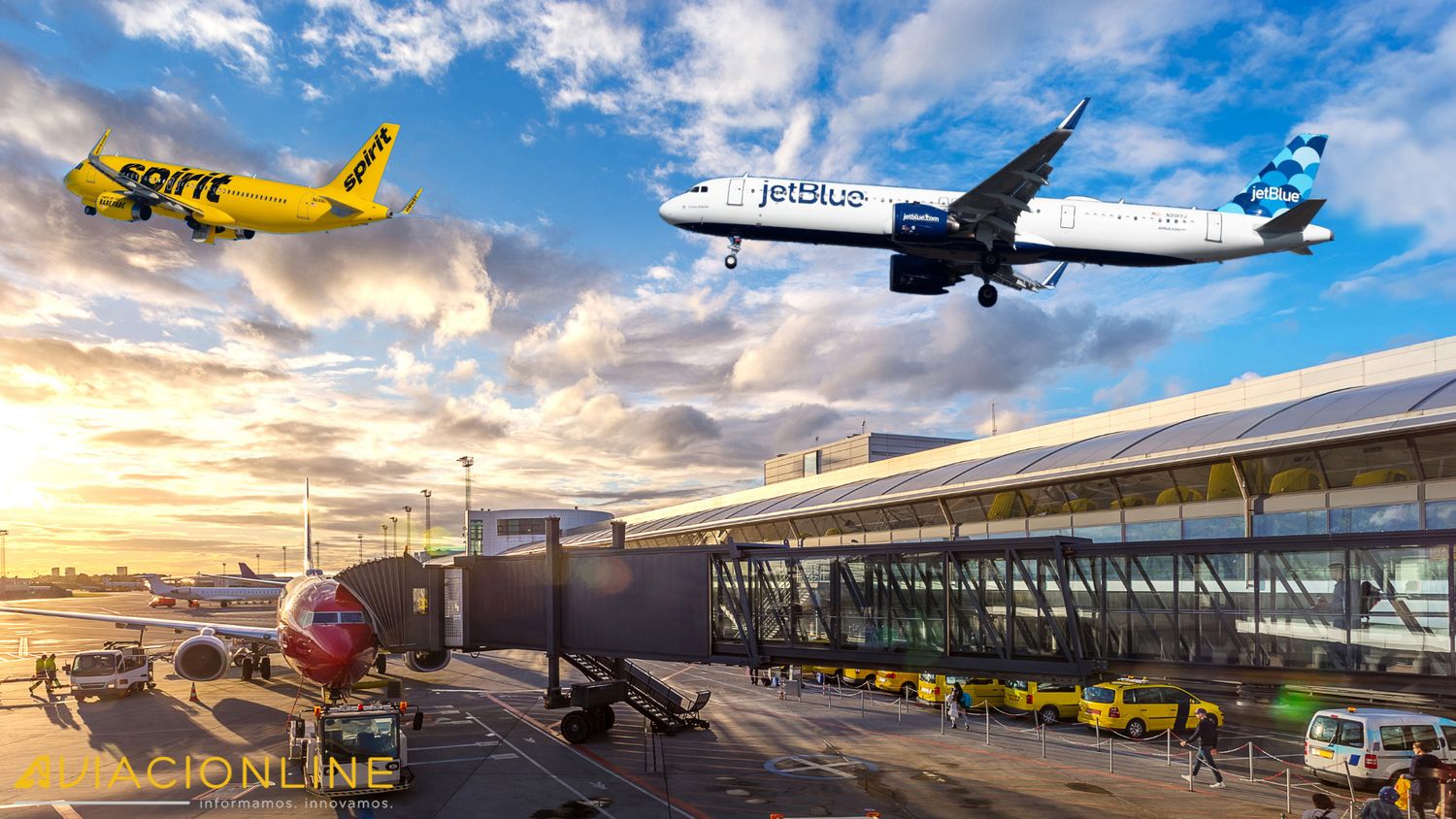Federal Judge Halts JetBlue’s $3.8 Billion Takeover of Spirit Airlines, Citing Anticompetitive Concerns
A federal judge ruled against JetBlue Airways Corporation’s proposed $3.8 billion acquisition of Spirit Airlines, siding with the U.S. Justice Department’s argument that the merger would be anticompetitive. This verdict represents a significant setback for JetBlue, the nation’s sixth-largest airline, and its incoming CEO Joanna Geraghty.
The court’s decision underlines the growing scrutiny of airline mergers in an industry already dominated by a few major players. This rejection marks JetBlue’s second major regulatory rebuff, following a directive to dissolve its partnership with American Airlines.
The ruling presents JetBlue with the challenge of seeking alternative expansion strategies, particularly as it seeks to strengthen its presence beyond the East Coast and compete with larger airlines offering more premium seating options.
JetBlue does not give up and submits a new proposal to acquire Spirit Airlines
Complicating the landscape for Spirit Airlines, the court’s decision revives questions about its future strategic directions. Before the JetBlue offer, Spirit had shown a preference for merging with another budget carrier, Frontier Airlines. However, the feasibility of such a pairing remains uncertain in the current regulatory environment.
Spirit and Frontier modify their initial agreement and expect to “close the transaction soon”
The big risk of consolidating an oligopoly
In his ruling, the judge emphasized safeguarding consumer interests against potential anticompetitive outcomes. «There are no ‘bad guys’ in this case,» the ruling read. «The two corporations are — as they are expected to — seeking to maximize shareholder value. The Department of Justice is — as the law requires — speaking for consumers who otherwise would have no voice.»
The court invoked the Clayton Act, which aims to prevent mergers that could «substantially lessen competition or tend to create a monopoly.» The court found that allowing JetBlue to acquire Spirit would eliminate one of the airline industry’s few primary competitors, consolidate an oligopoly, and potentially prompt JetBlue to abandon its role as a maverick low-cost carrier.
The ruling stated, «It would further consolidate an oligopoly by immediately doubling JetBlue’s stakeholder size in the industry» and that «the proposed merger as it stands would substantially lessen competition in violation of the Clayton Act»
«Defendant Airlines currently compete head-to-head throughout the country, and that competition, particularly Spirit’s downward pressure on prices, benefits all consumers», said the ruling.
The court’s detailed analysis pointed out the potential risks of the merger, such as harming consumers reliant on Spirit’s low-price model and reducing competition in the airline industry. The ruling stressed the challenge of replicating Spirit’s unique market position and raised concerns about JetBlue potentially shifting away from its low-cost carrier roots.


Comentarios
Para comentar, debés estar registrado
Por favor, iniciá sesión